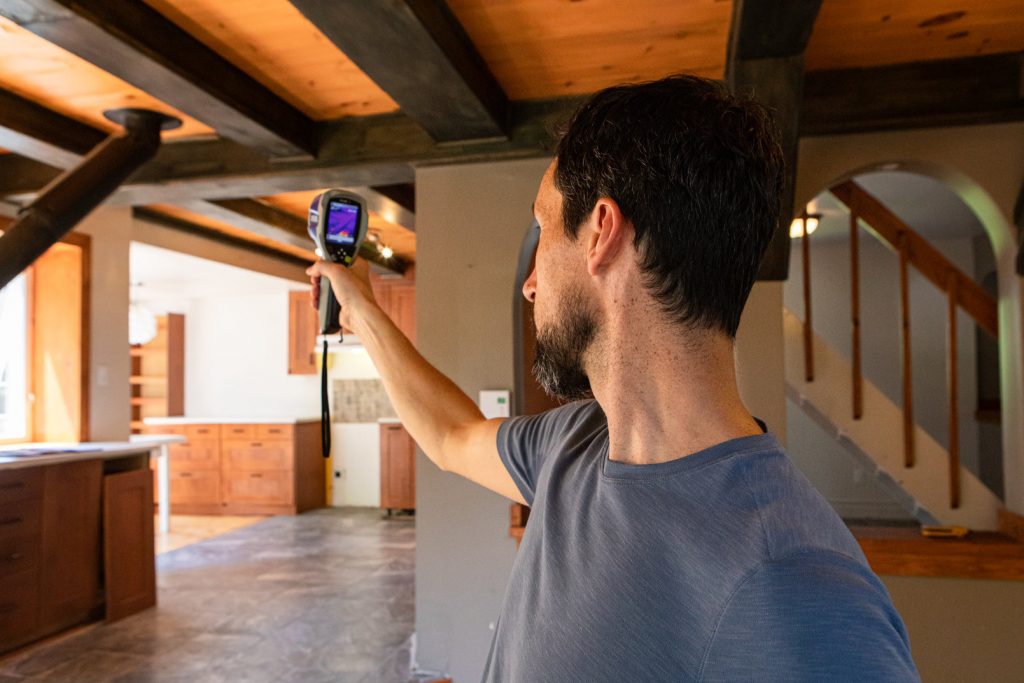While there’s no doubt that many people are looking forward to warmer weather and longer days, spring also comes with some challenges for those who are not adequately prepared.

While we take care of ourselves and ensure that we’re ready to face a rainy day or chilly mornings followed by warm, sunny afternoons, in the same way, it’s important to do the same for our homes.
Specifically, pests and mold are major issues for homes in the spring. And, while renters insurance does cover a variety of types of damage, it does not cover damage from pests and mold.
So, how can you protect your home from these issues? Below are some tips to help defend your rental against the challenges that come with spring.
Pest control
Pests are not the most favorable of creatures, and once they come out of their hiding places with the warmer weather, they start to roam about your home. Sometimes, that means you get a glimpse of one or two every once in a while, but other times you may end up with an infestation of creepy-crawlies. Just to reiterate: your renter’s insurance does not cover costs related to the remediation of pests because these are considered to fall under general home maintenance.
With this in mind, it’s important to keep your rental clean and have pest control products on hand in case you see any critters start to make their way through your home. However, if the invasion does get more serious, contact a professional immediately.
Look out for mold
Spring rains, rising temperatures and humidity mean certain areas in your rental are prone to developing mold. For this reason, you must always keep an eye on the darker areas within your home and check for wet spots regularly. Doing so allows you to detect any mold as soon as possible and take care of it before it gets out of control.
Also, before moving into a new place, make sure to take into consideration any risk factors that may contribute to the development of mold in your home. For example, if you’re looking for apartments for rent in Houston, given the high humidity levels, you might want to consider the location of the apartment you’re about to move to, such as its proximity to a body of water, whether you’re on the first or last floor of the apartment building, and how much air circulation it has.
Mold that develops naturally over time, is not covered by insurance. However, if the mold is due to a peril you are covered for – like a flood or a broken pipe – then your personal property will be covered by renters insurance.
We’re all looking forward to spring, and while these are some of the most common issues you could face during this time of year, it’s important to always be on the lookout and to take care of the place where you live. Not only will this ensure our own comfort, but it will also prevent you from facing more serious – and costly – problems.
